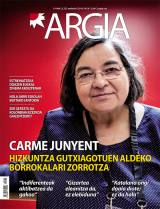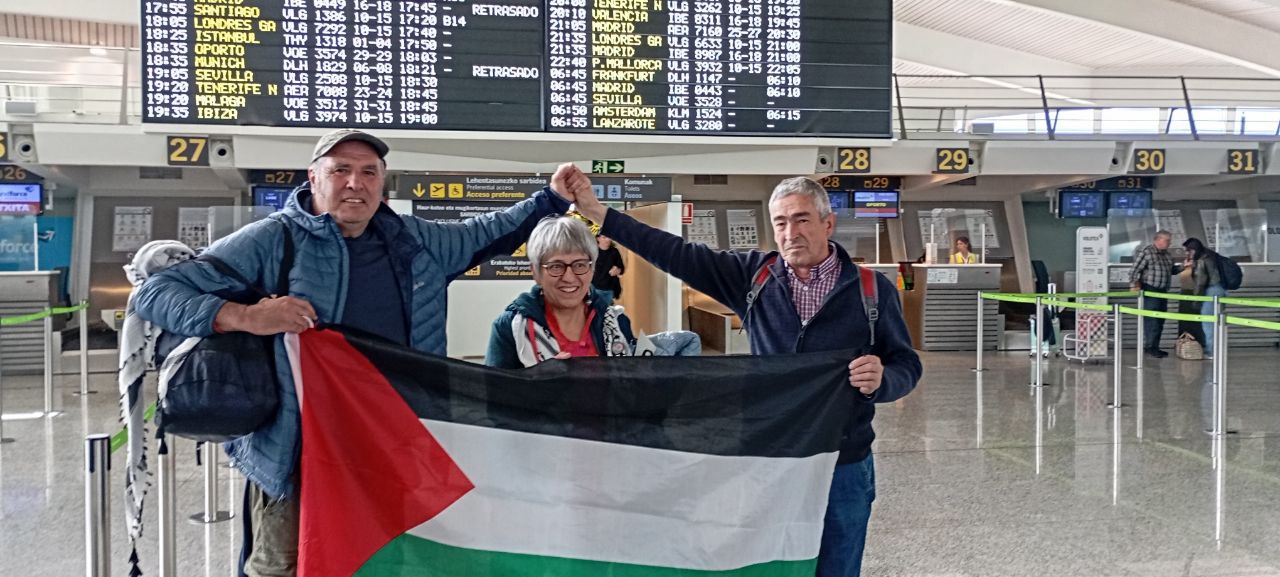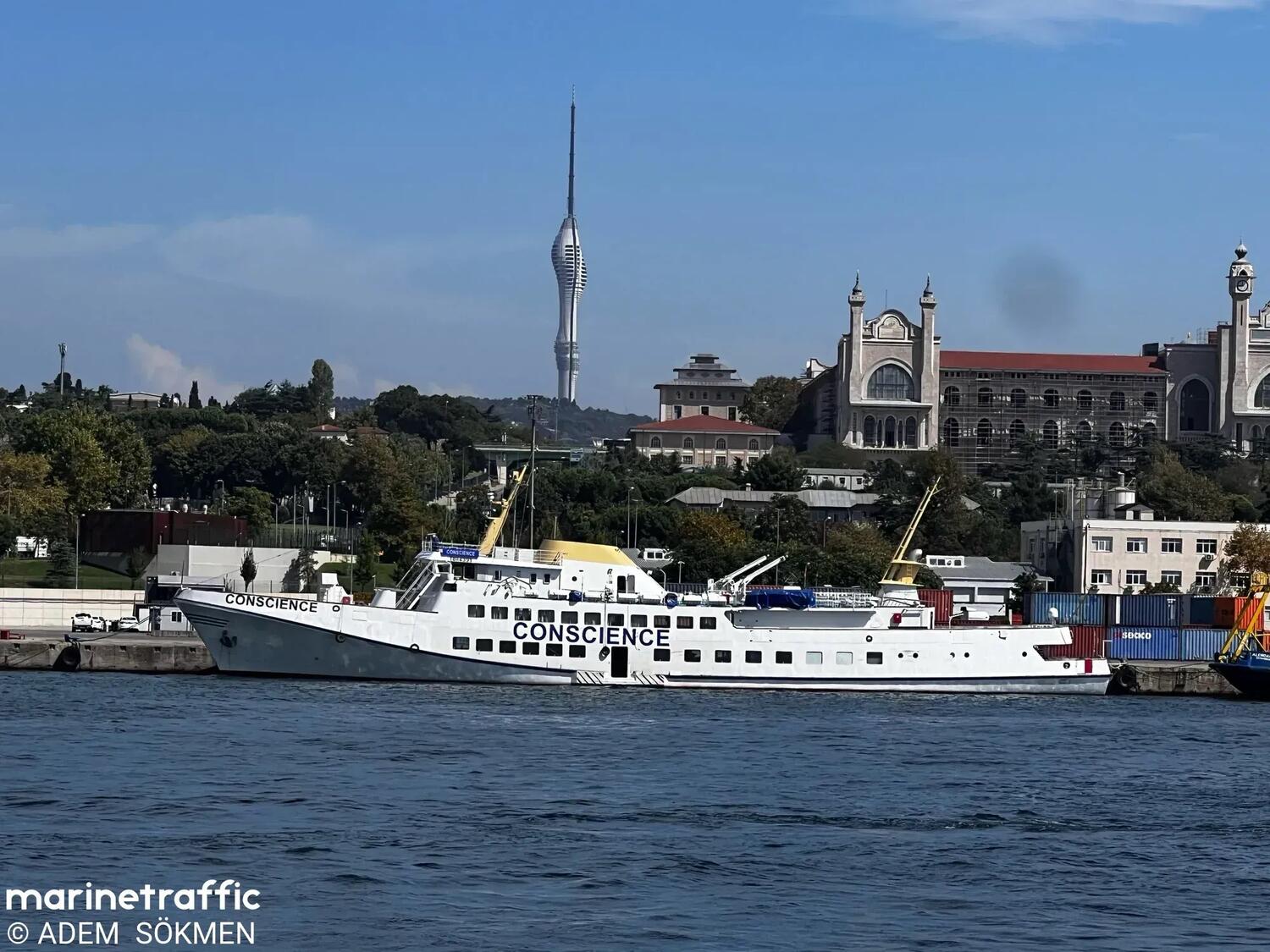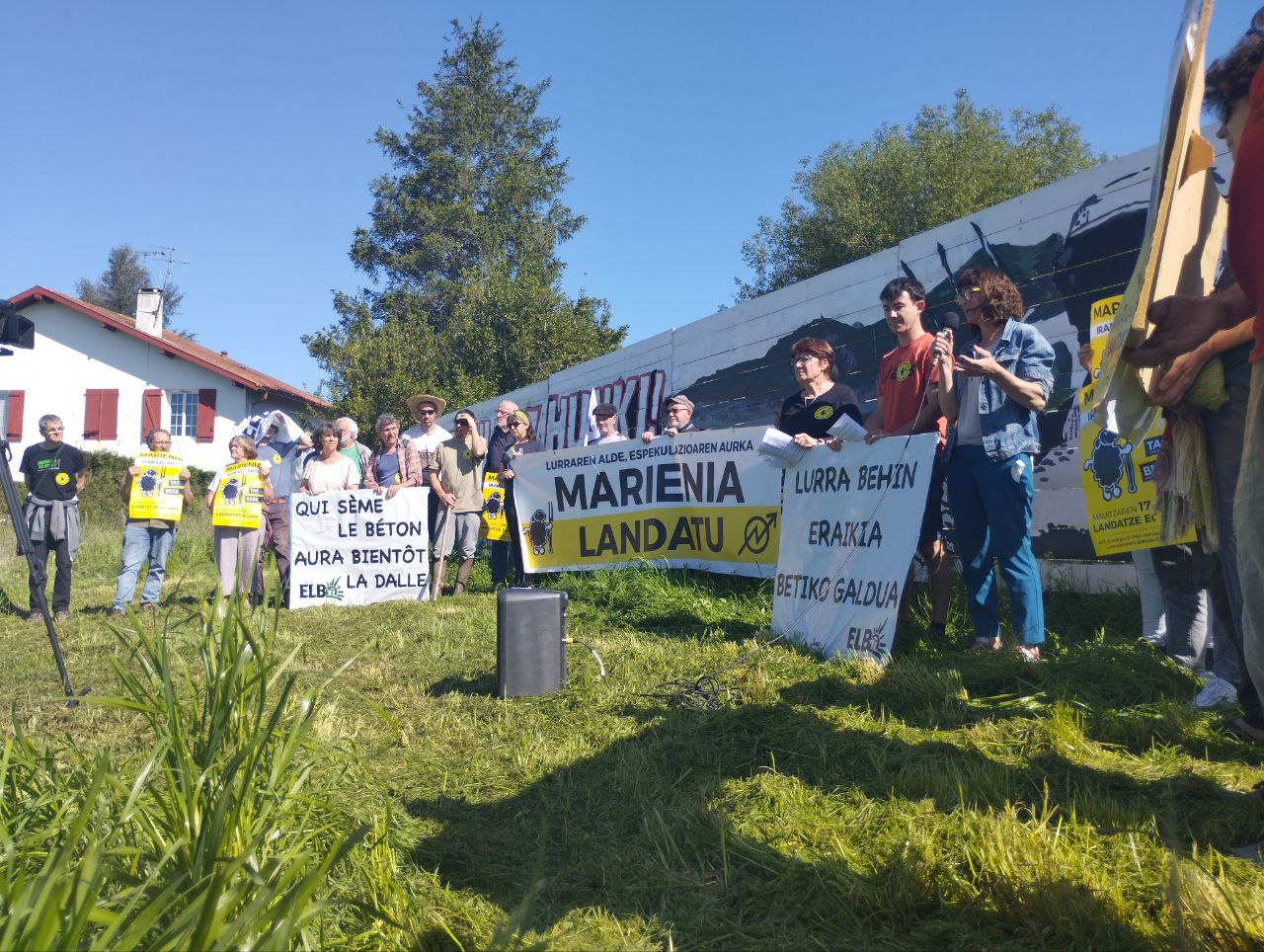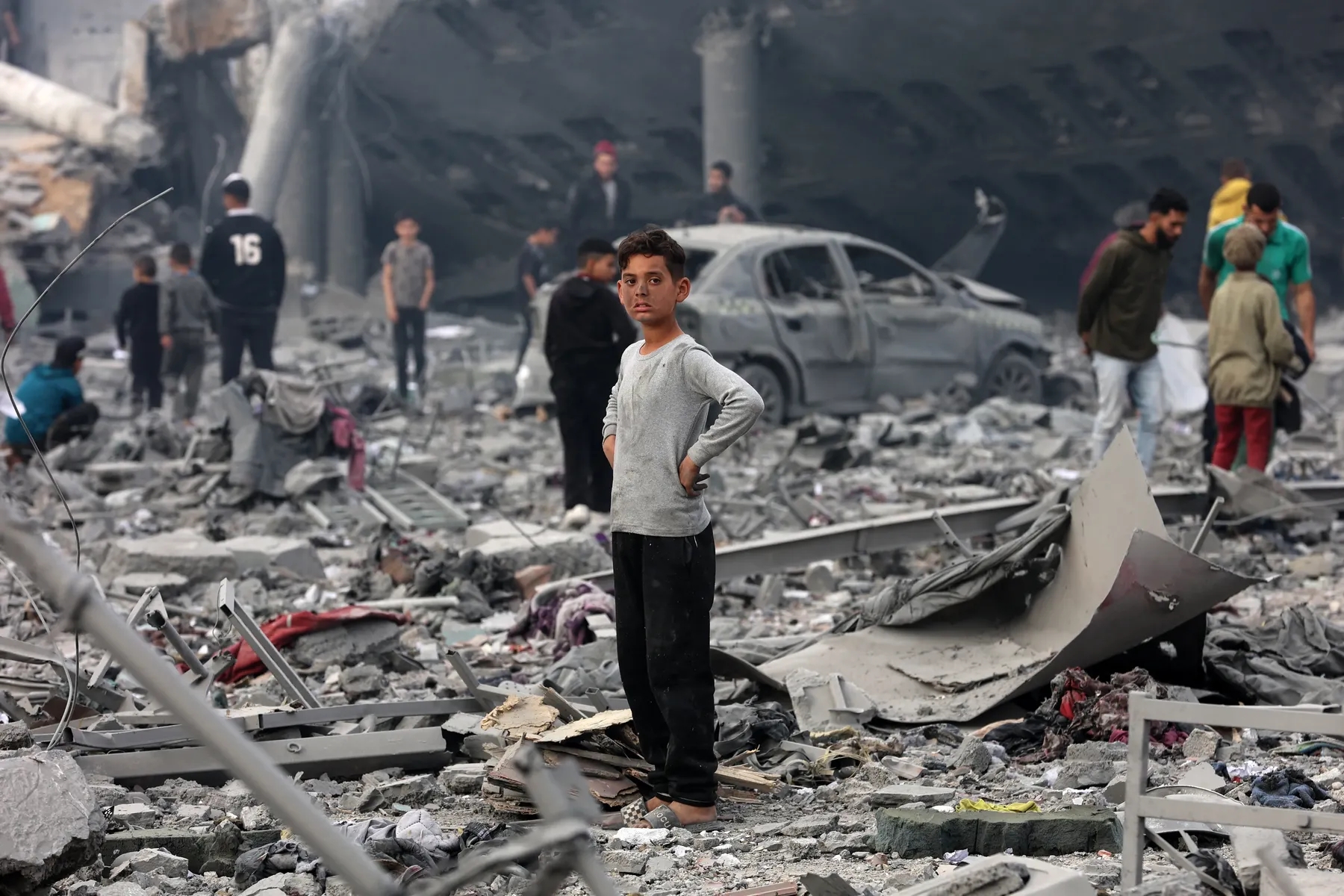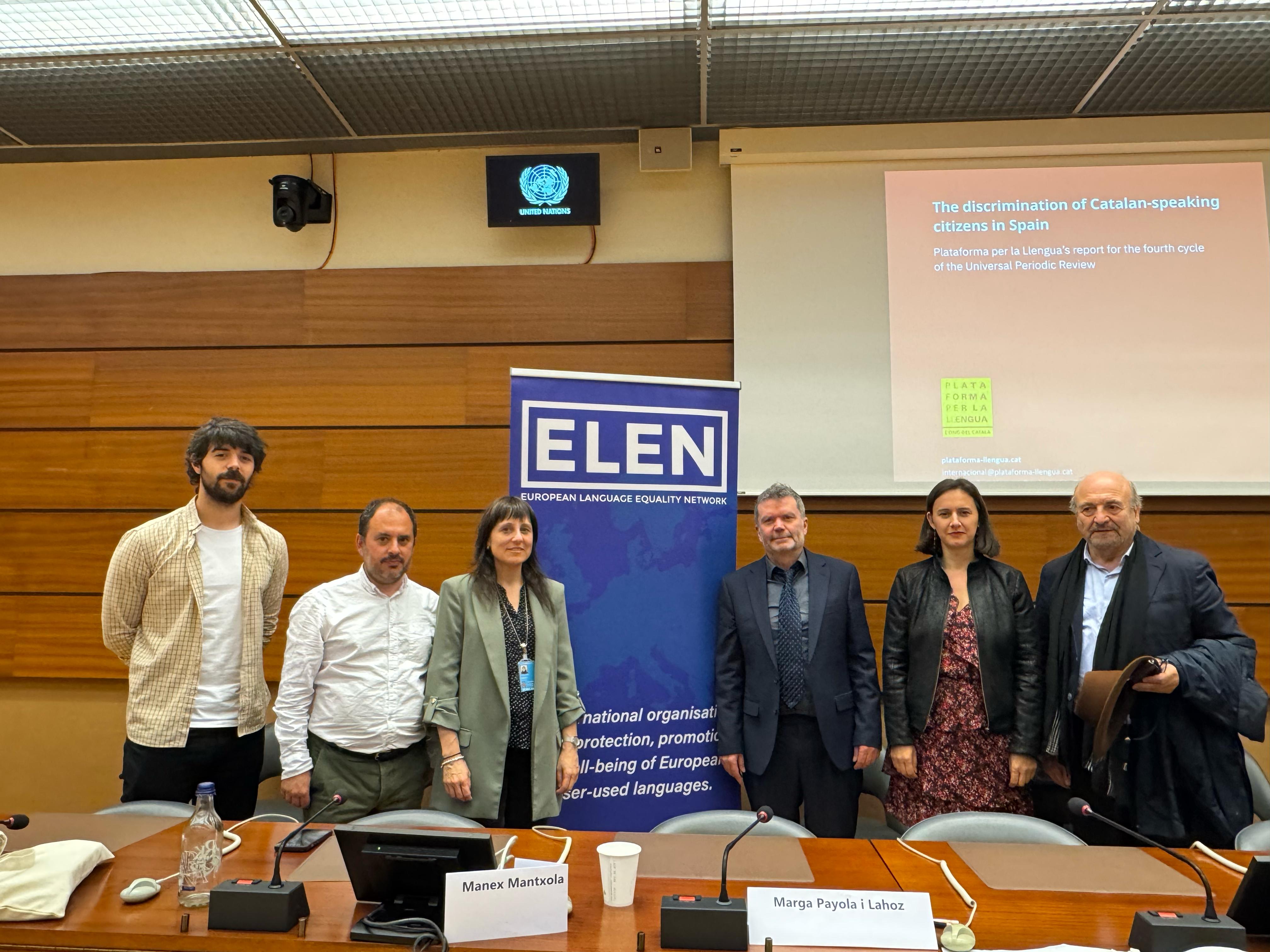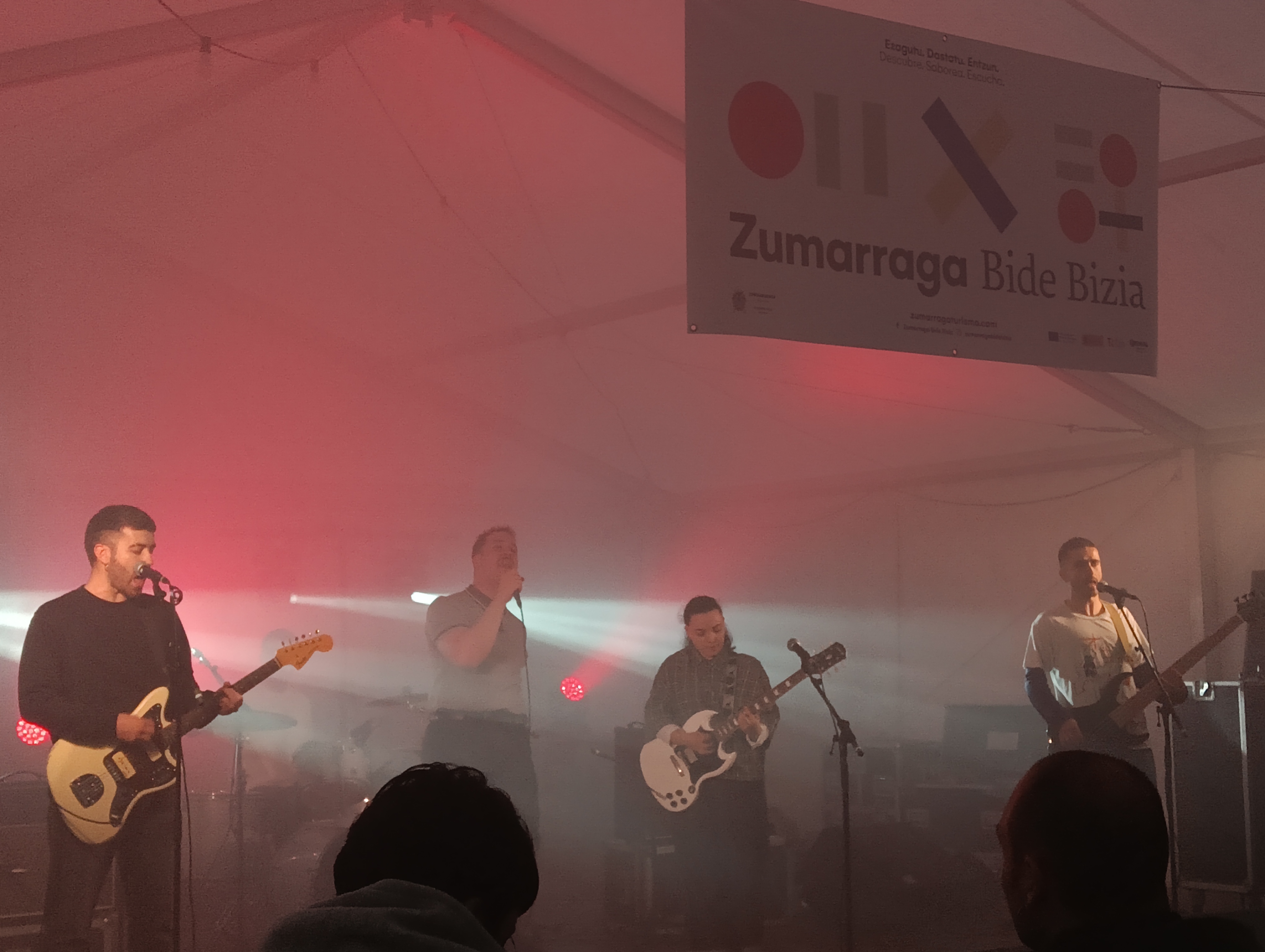Uribe didn't expect it either
- The signing in Cartagena of the Havana agreements between the Government of Colombia and the FARC-EP brought together a large number of people in Plaza Bolívar de Bogotá. Batukadas, costumes, color, illusion. After the signing, the concerts and the parranda were also present. Although the party was expected to be passed on 2 October, it has not been so.

Although the “Dry Law”, which prohibits drinking alcohol as a result of the plebiscite, was in force throughout the weekend, a meeting was convened at Plaza Bolívar to celebrate the triumph of the yes. Such was the conviction, that they could not otherwise understand the signature they had turned into a spectacle before the plebiscite. The general thought was that Colombia would give a yes to the Havana agreements. So much so that, at the head of the no, Alvaro Uribe himself said that they would hardly win.
The surprise came when he was not imposed by 0.46% of the votes: 50.23% and 49.77%. Everything was ready to move forward after the "yes", nothing had won after the "no". And now what?
Frustration and sadness have spread among many Colombians and Colombians. Social media was boiling, debates between supporters of the self, constant statements of shame, lack of hope.
After four years of negotiations, the Government and the FARC-EP had reached an agreement on land reform, political participation, the end of the conflict, illegal cultivation (drugs) and the subjects of the victims.
There was only the entry into force of what was agreed – even though that was the great challenge, that of turning what was spoken into reality. There was only one small step left, a small plebiscite detail. The objective was to shield the Government and the commanders of the FARC-EP, that is, the agreements of a few, with the legitimacy of all Colombians. They knew that the plebiscite would not be easily defeated, but the imagined threat was not the "no" vote, but the abstention. Therefore, for the plebiscite to be valid, the Government established a minimum participation of 13 per cent of the census.
Putting such a low barrier to such an important issue indicates what the main fear of government was. 13 per cent of the electoral roll is a total of 4.5 million votes, so the number of voters finally reached 13 million, much higher than expected. However, only 37.43% of the electoral roll has voted, while 37.43% have voted.
The following sentences are from President Santos: "If [the agreement in the plebiscite] is not approved, nothing will be done as regards the implementation of the agreements. What am I going to do? These lords returned to the jungle and returned to what we were doing six years ago, or “I am not obligated, but I will fulfill my word, the deal is over if the no wins.” The head of government negotiators, Humberto De la Calle, said: “If the people say no, the process is over.” And finally, the words of the guerrilla negotiator, Carlos Antonio Lozada: “There is no possibility of renegotiating what was agreed in Havana.”
That was the fear among those on the left, if they won no, would it be the return of uribism? In other words, if the carrot is rejected, the stick is the answer? To understand this, we must know that Santos was the Minister of Defense in the Government of Álvaro Uribe (2002-2010) and that, therefore, the return of the panic generated by the uribism between the Colombian left is not insane, as Santos was directly responsible for this panic, although he was now playing a role against it. In 2000, 20,000 FARC-EP soldiers were 20,000 and 7,000 of those of the ELN were reduced in 2010 to 7,000 of the FARC-EP and almost 2,000 of the government attacks, while the Uribe Government has had strong links with the paramilitary structures, which between 1995 and 2005, after more than 50 years of conflict, have displaced 3,500,000 people.
An expression used between paramilitaries indicates the policy of Santos and Uribe: “In order for fish to die, you have to put an end to the water.” In other words, the leftist movements which form the basis for the destruction of the guerrillas must be eliminated. This motto expresses the aggression and terror suffered by left-wing societies and political movements, feminists, indigenous peoples, peasants, workers, environmentalists, human rights defenders, students, young people, etc. of Colombia during the past decade.
Hence the despair after the plebiscite. The social conflict in Colombia, beyond the FARC-EP and the soldiers of the army, will unfortunately continue to cause many deaths. Since 27 August, when it was announced that the agreement was ready, at least 22 activists, peasants and indigenous people were killed by targeted killings on the right.
And now what?
After learning the results, the leader of FARC-EP, Rodrigo Londoño Echeverri, expressed his desire to continue with the ceasefire, negotiations and agreements. That means that there are few people who, at least in appearance, want to return to the crux of the Colombian war.
The first two is understandable, but why has Uribe now shown ready to resume the agreements when he opposed them throughout the campaign?
Well, it is increasingly evident that this last peace process, the eleventh in the history of the country, has transformed the political and military scenario of Colombia. This process seems to have found solid foundations in the society of the country. Fewer and fewer people think, even among the uribists, that weapons will solve the conflict in Colombia, after half a century long.
As early as 2010, Uribe’s opinion on the possibility of initiating a peace process has been disconnected from that of Santos. The first, presides over a traditional oligarchy composed of large landowners that defends the elimination at all costs of the “communist enemy”. Santos, for his part, is the leader of the “modern” oligarchy, who believes that if the armed conflict in Colombia is over, despite the negotiations, it will be much easier to integrate the neoliberal model and exploit the country’s assets.
As the Havana agreements are developed, they have become irreversible and all have realized that the weight and the relationship of forces of each in Colombia after the agreements will be conditioned by the role they have played in the agreements. The presidential elections will be held in 2018.
From this point of view, the winners of the Havana agreements were Santos and the FARC-EP, while Uribe was always a bat in the no. However, the plebiscite has offered the latter an unbeatable opportunity. After the victory in the no, Santos and Timochenko have reached out to Uribe to participate in Havana. Although Uribe's speech has been based on the implacability against the FARC-EP, what matters to some guerrillas the years of imprisonment they will fulfill if what is at stake is to govern Colombia?
Uribe has received a unique opportunity to hit the table in Havana, to integrate his word and image into it and to relocate to the center of the Colombian political scene.
Timochenko said in his speech in Cartagena that the word will henceforth be the weapon to resolve the political-social conflict in Colombia; to affirm that is clearly too much and to lie that the Havana agreements resolve the conflict in Colombia. However, without daring to see how the conflict will evolve, it is true that the shots being heard today in Colombia are less and less, and that what was agreed in Havana, and above all the role played by each of them, will constitute part of Colombia’s political scenario of the future.
Dehumanization has penetrated deeply into the powers of the West, and they look with indifference to the holocaust that Gaza is suffering; in Gaza, if bombs do not kill you, you will die of hunger.
Now that our ship has been bombed it is a total impotence, we are well and we... [+]
“Even with all the shortcomings, the unions have done more for humanity than any other human organization that has ever existed. They have contributed more to dignity, honesty, education, collective well-being and human development than any other association of people.” ... [+]
Harri-jasotzearen gorakada nabaritu da azken urteetan, batez ere emakumeen artean. Gazteek harri eskoletan ikasten dute kirolean esperientzia dutenengandik. Crossfit-a, sare sozialak eta telebista faktore garrantzitsuak izan dira kirolaren piztualdian, harri eskolekin batera... [+]
Rudolf Botha hizkuntzalari hegoafrikarrak hipotesi bat bota berri du Homo erectus-i buruz: espezieak ahozko komunikazio moduren bat garatu zuen duela milioi bat urte baino gehiago. Homo sapiens-a da, dakigunez, hitz egiteko gai den espezie bakarra eta, beraz, hortik... [+]
Böblingen, Holy Roman Empire, 12 May 1525. Georg Truchsess von Waldburg overthrew the Württemberg insurgent peasants. Three days later, on 15 May, Philip of Hesse and the Duke of Saxony joined forces to crush the Thuringian rebels in Frankenhausen, killing some 5,000 peasants... [+]
Aramu + AimarZ
When: April 26.
In which: The Zumarraga Open Field.
---------------------------------------------------------
The website of the City Council says: "The tourist brand Viva Viva and the festival of the same name are designed to show the world the soul of... [+]









